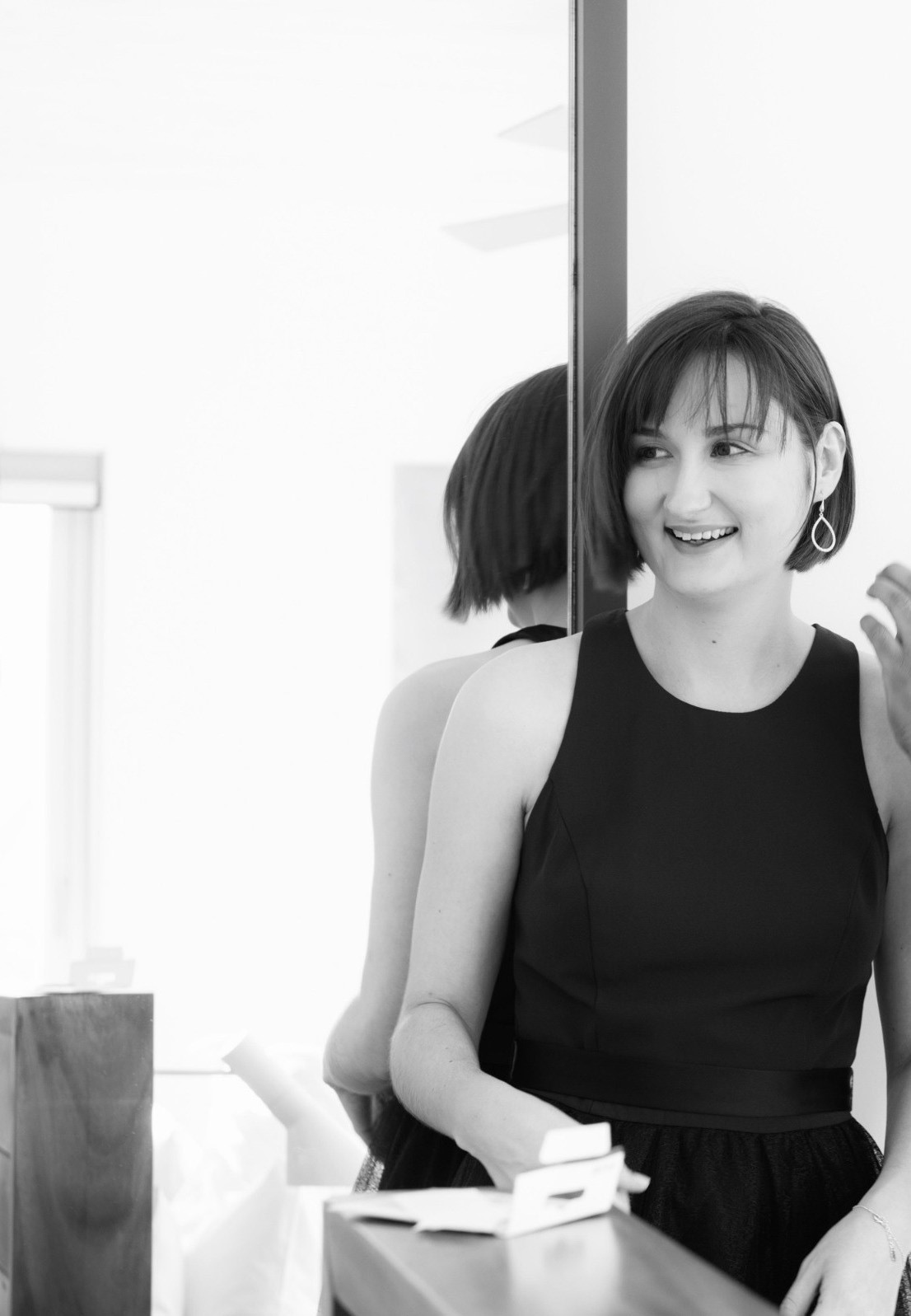Gabrielle Watson
 How did you come to be an academic?
How did you come to be an academic?
Originally, I read Law with the aim of practising Criminal Law at the Bar, though I was an aspiring academic before I realised it myself. This played out in two ways.
In my first year of studying Law at Edinburgh, I regularly supplemented my doctrinal analyses with (uninvited!) critiques of the law itself (much to the dismay of tutors, who swiftly crossed them out!) Later, while shadowing members of the profession, I had a natural tendency to reflect on the court process itself – and the legal and moral principles according to which it sought to operate – over technical points of law.
As my intellectual interests developed, my tutors nurtured them, and opened up the possibility of an academic career to me. Crucially, they gave me that nudge to take up my place at Oxford, where I read for the MSc and DPhil, and was subsequently fortunate to hold, concurrently, a Leverhulme Early Career Fellowship in the Faculty of Law and Postdoctoral Research Fellowship in Law at Christ Church. Throughout that process, I was encouraged, critiqued, and encouraged some more by Professor Ian Loader and Professor Lucia Zedner: two infinitely generous mentors. Since 2019, I have been the Shaw Foundation Fellow in Law at Lincoln College.
What is your research about? What views are central to your research?
I work at the intersection of Criminal Law, Criminal Justice, and Jurisprudence. My first book, Respect and Criminal Justice, was published in 2020 by Oxford University Press. There, I argue that the real value and potential of respect as a critical and regulative ideal in criminal justice has been diminished by the tendency to construct it as a side-constraint on instrumental concerns such as order, crime prevention, and control. Although this view is central to the work I have published so far, I value a certain flexibility of thought and am open to changing my mind!
Funded by the Leverhulme Trust, I am now writing a second book. Taking as its starting point Endicott’s scholarship on vagueness, it moves beyond respect to a series of related notions – fairness, humanity, hope, decency, dignity, and justice – again in the context of the criminal process.
What do you find most exciting about your research?
I am drawn to working with moral values – such as respect – that are notoriously hazy and difficult to pin down. As noted above, I consider their implications for criminal justice, where such values are elusive but of persisting significance. Why? I am of the view that good (robust, reliable, precisely drawn) ideas must always precede good practice.
This work is ambitious, and I spend a great deal of time boundary-drawing in order to render it manageable. It is nonetheless exciting to me because, if done well, it has the capacity to appeal to a wide audience and set up dialogues between scholars working in sub-fields that are traditionally kept apart (e.g. policing, sentencing and the courts, and prisons and other forms of state punishment).
Do you see any trends in Jurisprudence? How would you like to see the subject change?
I am optimistic that Jurisprudence is changing for the better. If it is following any trend at all, I hope that it is towards greater inclusion. It has been pleasing to see the subject adapt in response to the current health crisis, and I have benefitted from a rich offering of online seminars with legal philosophers from around the globe. I hope that these events might continue – and even multiply – beyond the pandemic.
What would you like to see change in academia?
We are all apprentices in a discipline where few become truly masterful. So, I would like to see a greater degree of exchange between those who are new to the study of Law and those in established academic posts. My students have a quick intelligence and teach me just as much as I teach them. They come to the Law afresh and unburdened by dense literatures and the conflicting views we find there. They remind me to retain – as far as possible – that lightness and sense of excitement about the law in my own writing. Ideally, we would open up Faculty discussion groups to our students, design academic events that are open to all, and ensure that every voice in the room is valued irrespective of hierarchical standing.
What are some of your non-academic interests, pursuits, or hobbies?
Photography, walking, Pilates, the arts (music and ballet as an audience member!)
If you had to pick a desert island book (academic or not), music album, or film, which one would it be?
Evgeny Kissin Plays Chopin (Sony 2013).
9th July 2020

